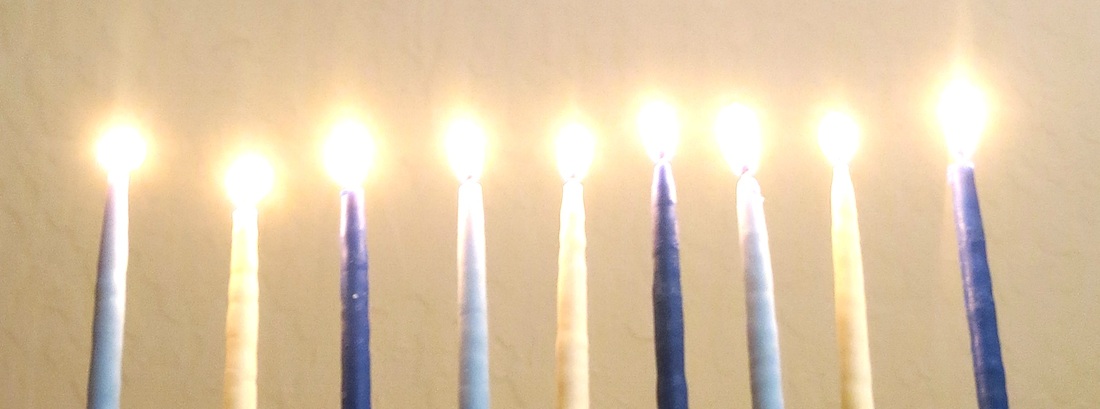There are two powerful quotes I want to point out from Gülen's op-ed. For one: "Our civilization will not progress until we treat the suffering of humans regardless of their religious or ethnic identity as equally tragic in our empathy and respond with the same determination." This is a thought I have been toiling with since San Bernardino, though he puts it more eloquently than I ever could. I can't find a way to express the sorrow of what happened in San Bernardino without being cliche. How can evil like that exist? Yet when I mourn for this, I'm slapped with a bitter realization that this is only the tip of the iceberg. In the U.S., we selectively grieve. After the Paris attacks, people changed their Facebook profile pictures to the French flag to show solidarity. Forget Beirut the day before and the thousands who have died in Iraq and Syria. This year alone, do you know there have been hundreds of lives lost to attacks in Tunisia, Nigeria, Turkey, Lebanon, Egypt, Niger, Somalia...?
What about solidarity of mankind? People talk about mourning tragedy and in the same breath say our government shouldn't let refugees resettle here. I say it is time to start acknowledging the pain of mankind, as it is our own. While most Americans don't directly experience the same carnage as other places in the world, we are not separate from it. We're all breathing the same air. We are all closer than we acknowledge.
Next quote:
In the aftermath of the recent events I am witnessing, with chagrin, the revival of the thesis of the clash of civilizations. I do not know whether those who first put out such a hypothesis did so out of vision or desire. What is certain is that today, the revival of this rhetoric simply serves the recruitment efforts of the terrorist networks. I want to state clearly that what we are witnessing is not a clash of civilizations but rather the clash of humanity with barbarity in our common civilization.

 RSS Feed
RSS Feed